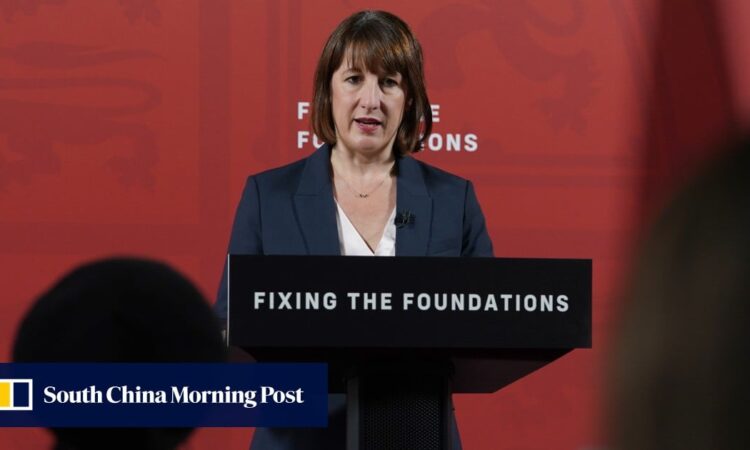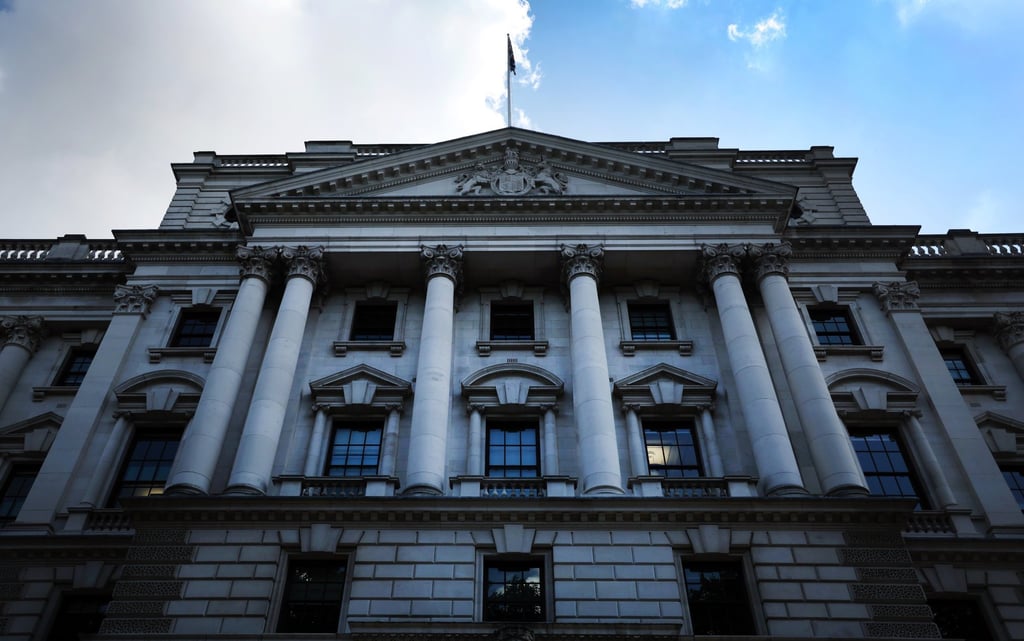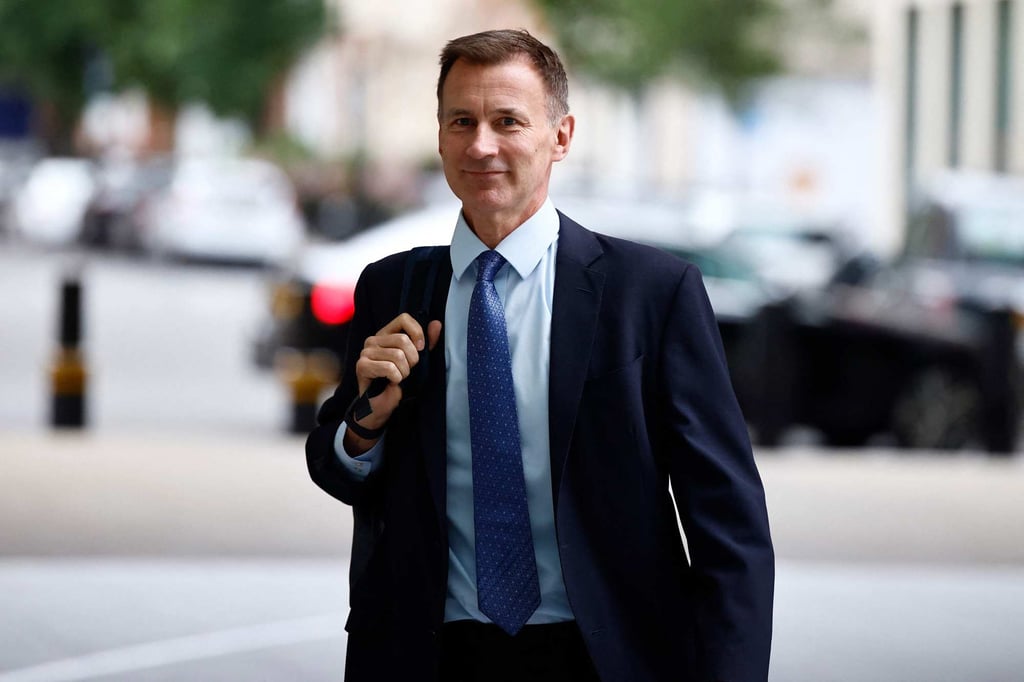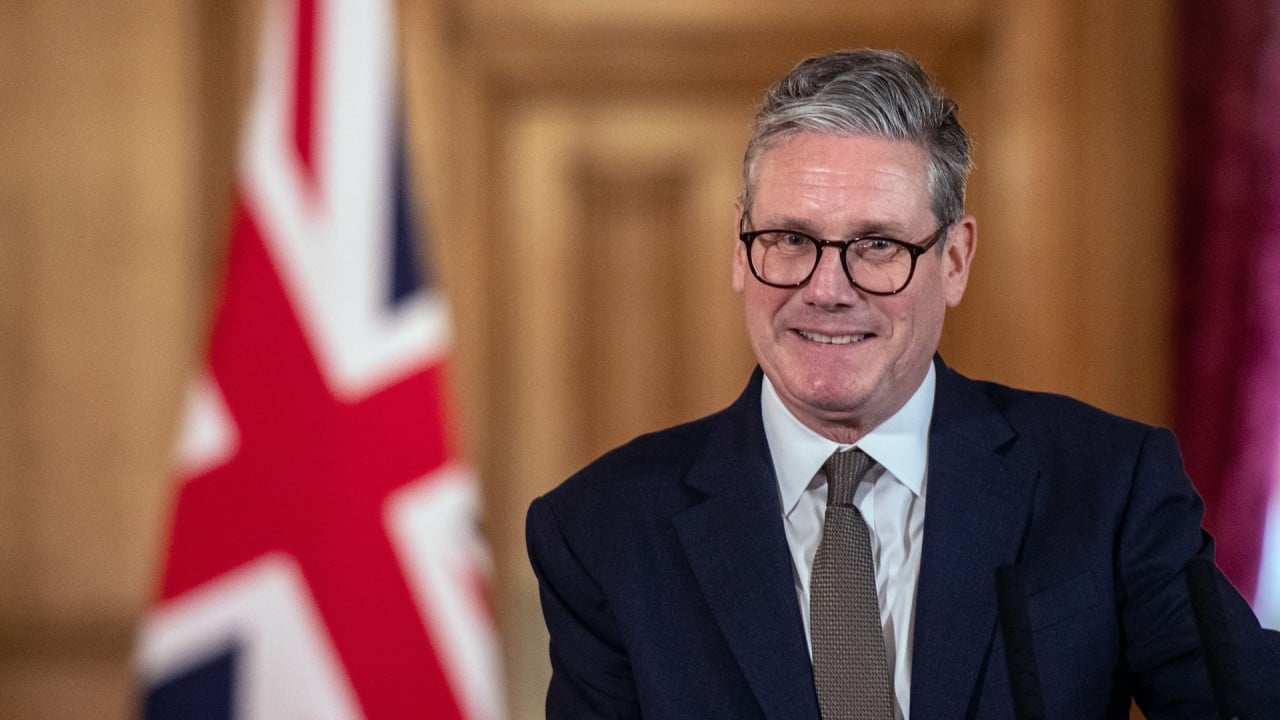
Britain’s new finance minister, Rachel Reeves, told parliament on Monday her Conservative predecessor had left public spending on track to go over budget by £21.9 billion (US$28 billion) this year and announced an immediate £5.5 billion (US$7 billion) of cuts.
Reeves pencilled in a further £8.1 billion (US$10.4 billion) of cuts for the next financial year and promised more measures at a full budget on October 30, when the newly elected Labour government would need to make “difficult decisions”, including on tax.
Part of the cost comes from Reeves’ decision to give public-sector workers pay rises costing in total £9.1 billion, following recommendations from independent pay-setting bodies which she said the Conservatives had ignored for too long.
Reeves said the state of the public finances was not sustainable, and posed a risk to economic stability if left unchecked.
“It therefore falls to us to take the difficult decisions now to make further in-year savings,” she told parliament.

Elected to run the world’s sixth-largest economy in a landslide victory on July 4, Labour has spent much of its first three weeks in power telling voters that things are worse than expected in almost every area of public policy.
Reeves inherited an economy with sluggish growth, public sector net debt at the highest since the early 1960s and a tax burden that is on track to hit a near-80 year high.
In a statement seen by critics as an attempt to pave the way for future tax rises, Reeves accused the former Conservative government of covering up the true state of government spending and said she needed to make difficult decisions to prevent the budget deficit ballooning by 25 per cent this year.
She made cuts to a range of projects such as roadbuilding and restoring railways, said she would review a scheme to rebuild hospitals and set an ambitious target for government departments to squeeze more than £3 billion from their budgets.
Reeves also said she would save around £1.5 billion per year by stopping higher-income pensioners from receiving an annual payment for heating costs.
“They promised solutions that they knew could never be paid for: roads that would never be built, public transport that would never arrive, hospitals that would never treat a single patient.”
The Conservatives dismissed her accusations as a pretext for Labour to raise taxes.
“Today’s exercise is not economic, it’s political. She wants to blame the last Conservative government for tax rises and project cancellations she has been planning all along,” said Jeremy Hunt, who was finance minister in the Conservative government.

Paul Johnson, director of the Institute for Fiscal Studies (IFS), said some of the funding pressures did appear to be greater than expected.
“Some of the specifics are indeed shocking, and raise some difficult questions for the last government,” he said.
Britain’s non-partisan Office for Budget Responsibility, which scrutinises governments’ tax and spend plans, said it would review how Hunt’s budget in March was prepared, saying it was a serious issue.
Reeves stressed that she intends to stick to her party’s election campaign commitments not to raise the rates of income tax, value-added tax and other main taxes.
Any other tax changes would come in October’s formal budget statement, which Reeves said would contain a new set of non-negotiable fiscal rules.







